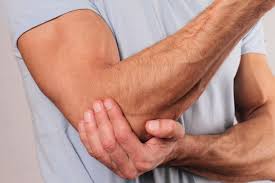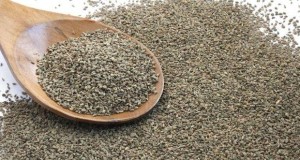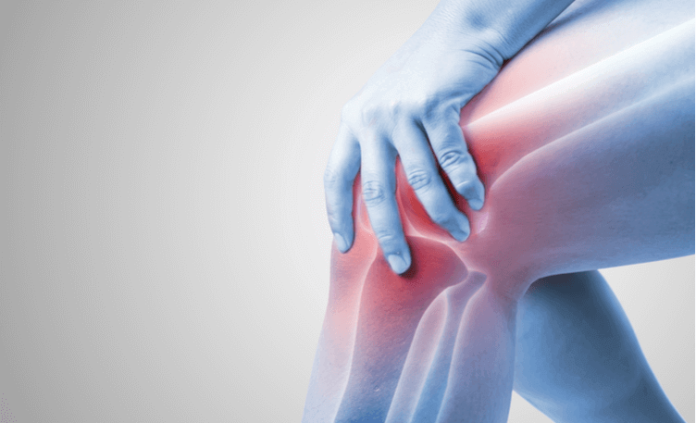Arthritis is a disease that has been affecting the majority of the population around the globe. These days, irrespective of your age, you are prone to arthritis. It is a chronic disease in which the cartilage cushioning the bone joints wears and tears, losing its elasticity. This leads to bones rubbing against each other any time the joint is moved causing friction, inflammation, pain, stiffness and eventually loss of movement. Osteoarthritis and rheumatoid arthritis are the most common types that affect people.
The impact of arthritis on the lives of people suffering from this disease is both physical and emotional. Physically, you have to manage pain and inflammation on an everyday basis and emotionally, due to increased stiffness and decreased range of movement, it becomes difficult to enjoy daily activities with your loved ones and in general.
Types of Arthritis
- Osteoarthritis (OA)
- Rheumatoid Arthritis (RA)
- Gout
- Ankylosing Spondylitis
- Psoriatic Arthritis
- Lupus
- Reactive Arthritis
- Septic Arthritis
- Thumb Arthritis
Osteoarthritis causes cartilage, the cushion and the slippery material that covers and lubricates the joint, to wear down. This causes friction in the bones causing inflammation and pain.
Rheumatoid arthritis is a body immune disease in which the immune system of the body attacks the hard lining of the joint causing damage to the cartilage and then eventually tearing of the same.
Production of too much uric acid crystals can lead to gout. Psoriatic and other types of arthritis are caused by varies underlying infections.
Treatment depends on the type of arthritis one is suffering from but the overall goal of the treatment is to reduce pain and inflammation and improve the quality of life.

Symptoms of Arthritis
- Inflammation of joints
- Redness in the joints
- Swelling in the joints
- Joint Pain
- Tenderness in the joints
- Stiffness
- Decreased range of motion
- Limping
- Joint Deformity
- Fatigue coupled with fever and loss of appetite
Risk Factors for Developing Arthritis
- Family History: You are more likely to be arthritis prone if your parents or siblings have it. Some of the genes that you inherit from the family which already has the arthritis cases make you susceptible to certain environmental triggers.
- Age: As you get older, your chances to get arthritis increases.
- Gender: Studies have seen that women suffer more from osteoarthritis and men from gout.
- Obesity: Carrying extra weight puts excess pressure on the joints, especially the knee, spine and hips which might cause arthritis in these joints.
- Injury: Chances are, if you have had a joint injury, you are more likely to develop arthritis in that joint with time.

Ayurveda for Arthritis
The medications prescribed by the doctors are effective only to a certain extent for this disease, which is why people seek alternate therapies and treatment for the same, including Ayurveda. The science of life, Ayurveda brings together the benefits of various herbs which can bring relief from the pain.
Here are some ayurvedic herbs which you can include in your daily life to manage arthritis.

Turmeric: A common spice which can be found in any Asian kitchen, turmeric is known to cure many ailments, both internal and external. Known for its anti-inflammatory benefits, turmeric contains a compound called curcumin which can inhibit the inflammation-causing enzyme in the body, thus bringing relief to the joints. Turmeric can be taken orally or applied topically on the affected joints. You can take 200-500mg turmeric two to four times a day. You can also make a paste of turmeric and apply it around the affected joint. To increase its benefits, you can apply warm compression to the joint as well.

Ajwain: Carom seeds or ajwain are known for its anti-inflammatory properties as well. It also contains anaesthetic that helps in relieving pain. Add a spoonful of ajwain to a tub full of warm water. Soak the inflamed joint in the water for 10-15 minutes to reduce swelling and inflammation. Alternatively, you can also grind the ajwain seeds into a paste and apply it to the swollen joint. You can also include ajwain in your daily life by drinking ajwain water every day.
Dashmool: Translated as ten roots, Dashmool is a mix of five herbs and five shrub roots creating a potent tonic that alleviates arthritis pain. Dashmool is easily available in powdered and oil form these days. You can take Dashmool powder orally every day and apply lukewarm oil to the swollen and stiff joints to get relief from pain.
Shallaki: It is an herb that is known to aid in making your bones stronger and provide relief to the pain as well. Shallaki, popularly known as Boswellia Serrata, is also used as a substitute for pain-relieving medicine. When taken for arthritis, Shallaki not only reduces pain and swelling but also increases joint lubrication thus improving mobility. Shallaki, like Dashmool, is also available in powdered and oil form and can be taken orally or applied topically.
Shatavri: An ayurvedic herb, Shatavri has been in use in ancient medicine since ages. It is considered to have a cooling, soothing and lubricating effect on the joints. Studies have shown that Shatavri inhibits the production of inflammatory compounds thus providing relief to the inflamed joints.
Other Natural Treatment Options for Arthritis
Heat Therapy: Applying heat to the joints improves blood circulation and flexibility. You can take regular hot baths and showers, apply warm compression to the joints or enjoy some sauna sessions to take benefit of the heat treatment.
Massage: A moderate massage with a cold gel or with the above-mentioned Dashmool or Shallaki oil every day can do wonders in improving blood circulation, increase joint function and provide short-term relief from the pain. Before including massage, make sure you check with your doctor first. Do not go for this option if your joint is severely inflamed or if you have a history of blood clots.
Aromatherapy: This is another natural ayurvedic treatment option that you can try. Using essential aromatic oils can help in relaxation and reduce pain and anxiety. Some of the essential oils used for aromatherapy for arthritis are eucalyptus, ginger, clove and camphor.
Vitamins & Minerals: Make dietary changes to include food that are rich in calcium, Vitamin D, C & E. Fun Fact – did you know that calcium can get properly absorbed inside your body only in the presence of Vitamin D that acts as a catalyst in that process? Therefore, make sure that you take enough Vitamin D along with Calcium to make your bones stronger.
The Bottom Line
All of the above-mentioned information can help you manage the condition. But make sure that you consult a medical professional before including any of these alternative therapies for the treatment of arthritis.


